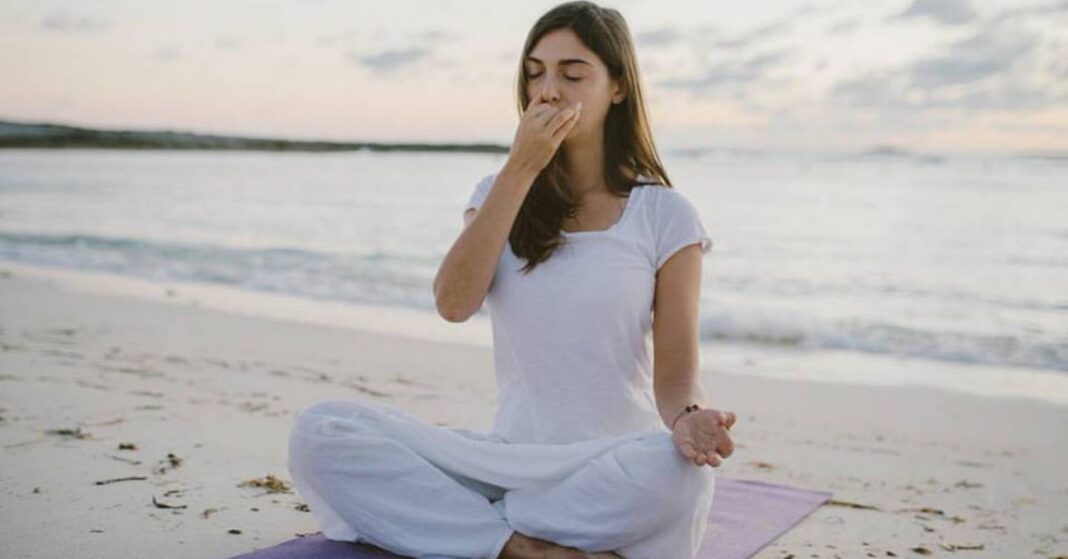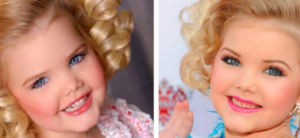Hold your breath.
Why did you say absurd?
It’s that automatic behavior we all exhibit all the time. It serves as a reminder that something is still alive. When a physical thing stops breathing, it is seen to be useless and is thrown away, albeit with some ceremony. A dead object is not something anyone wants to touch. And it’s all due to the cessation of breathing.
I enquired on ChatGPT how many breaths one would take and exhale during the course of a typical lifetime. With an assumption of 16 breaths per minute and an average lifespan of 80 years, ChatGPT calculated 48,042,000.
We rarely even notice it.
Yet, our breath serves as an invisible dashboard that provides important cues about our level of physical and mental wellness.
Patanjali mentions being mindful of a variety of potential diversions on the path of yoga in the first part of the Yogasutras. And when that occurs, we say that shallow breathing is the first indication of an unsettled mind. Your pupils enlarge as anxiety overtakes your senses, and you become hopeless in your search for a solution that makes sense at the time.
You can attempt to regulate the situation by focusing on your breath first if you are aware that it is the first symptom of a problem. Take note of your quick breathing and relax. Breathe in deeply, very deeply. Next, hold your breath for a long time. then gradually release.
Many face muscles can be seen releasing as you do it.
You don’t trust me? Look at the lovely faces that seem tranquil and pleased. They inhale easily and slowly. And an aura surrounds their faces. The calmness is caused by very slow, measured breathing, which also causes the muscles on the face to be at rest.
Pranayama is the fourth limb of yoga. Prana is the life-affirming, intangible energy. We say that the Prana has left the body when it stops functioning. Hence, the goal is to maintain life through improved breath control.
Rapidly breathing animals have brief lifespans. Those who take their time generally live longer. It is unlikely that a human being who is frequently anxious and uptight, which manifests in staggered, uneven breathing.





